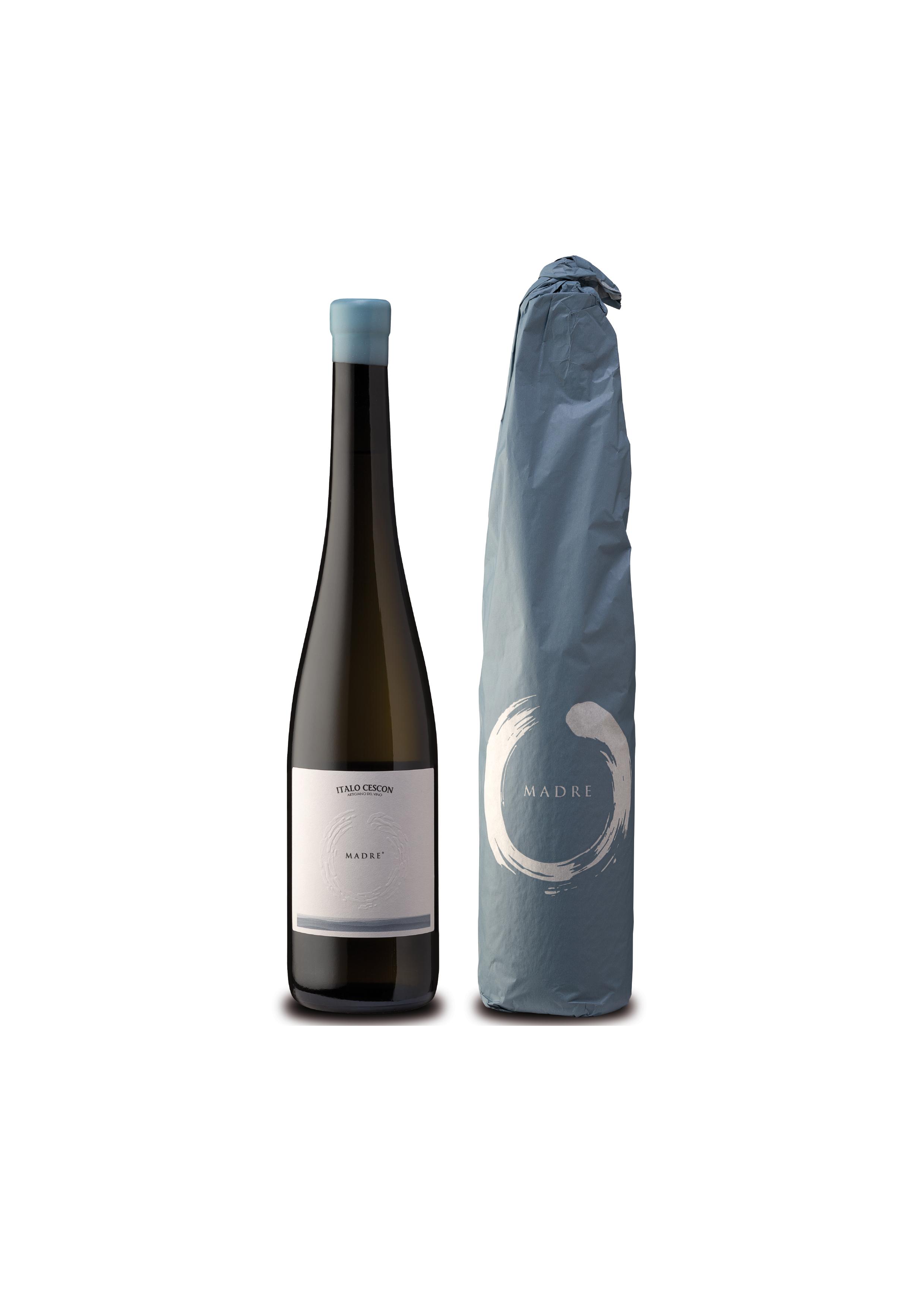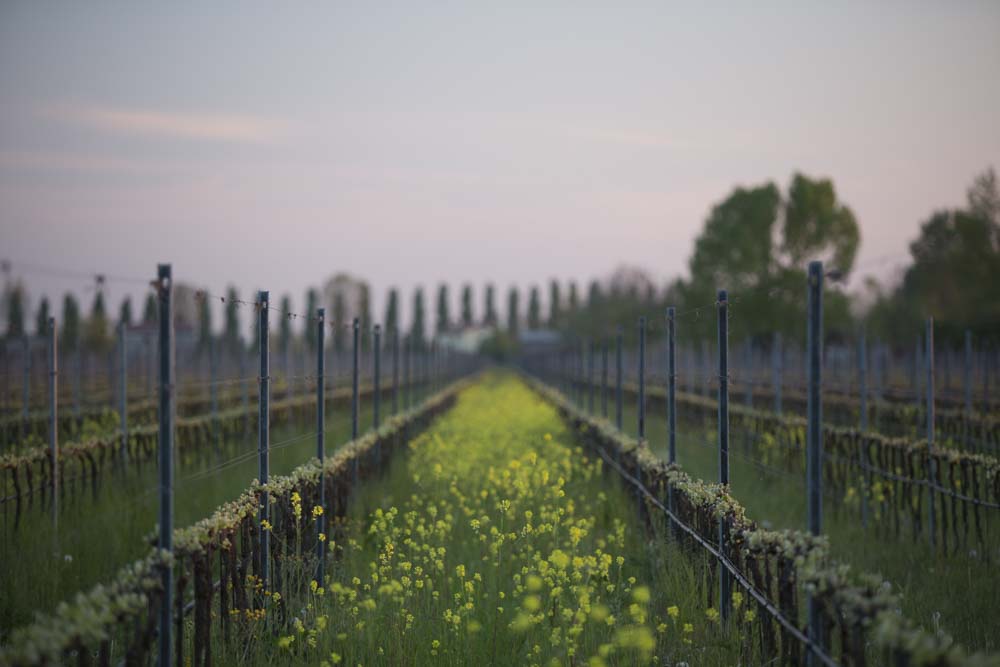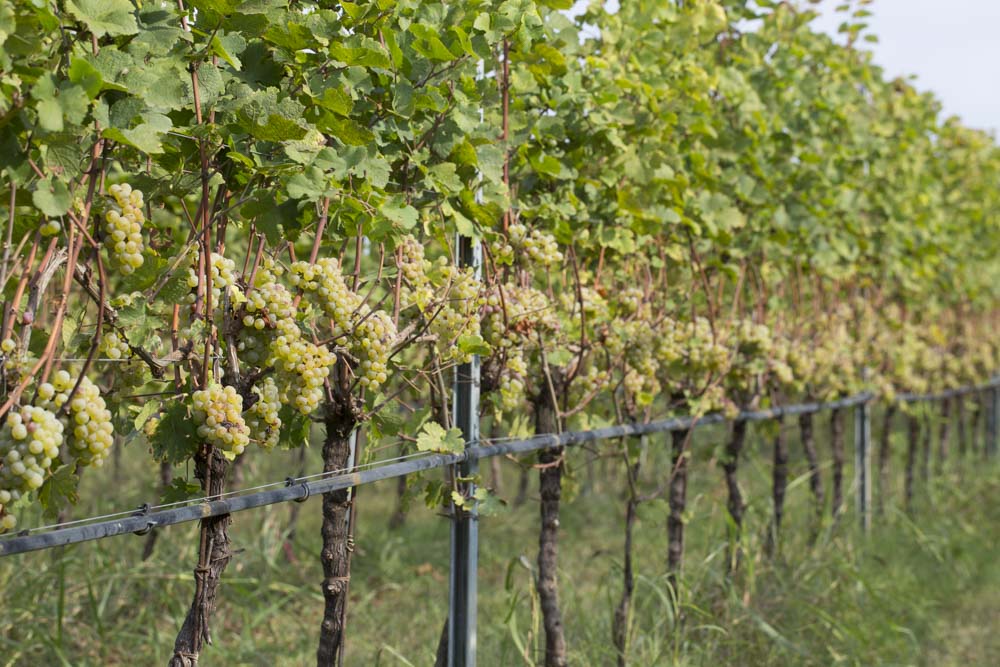Projects
Manzoni Bianco “Madre” – Cescon Italo Winery
A wine that in a few years has achieved numerous international awards and has become one of the reference points of Italian white wines for the quality and longevity. A success made possible thanks to a deep work of research started 12 years ago, in an old Manzoni Bianco vineyard owned by the Italo Cescon company in Piave DOC Area.
Research and developmentTrainingVine consultancyWine consultancy
Purpose
When about 15 years ago, the Cescon Family asked us for oenological and viticultural consultancy, we were pleasantly surprised by the quality of their Manzoni Bianco which matured in the tank. Although it is a fairly widespread variety in the area, the Piave DOC, companies have always used it as a young wine because, once bottled, it had a great propensity to evolve and to lose the finesse and quality that was found before filtration in the tank. Hence the goal for us to study that subtle balance by identifying not only the peculiar components of the wine but correlating them with an agronomical and oenological management that was able to enhance and make those peculiarities last for decades in the bottle.
Project
The approach was initially to study the evolution of wine in our research laboratories. Thanks also to this wine we have been able to refine internal methods to test the susceptibility of wines to oxidize. One of these is the TDO (dynamic oxidation test) which, unlike the pom-test or even compared to more recently introduced techniques such as voltametric, has the advantage of studying the real evolution curve of wines. Thanks to this we understood and measured how the protein stabilization of Manzoni Bianco led, more than in any other wine, to enormously reduce the natural barriers with thiol and polyphenolic fraction with which it was end-fermented. It follows that the wine was immediately bottled without stabilization and filtration, albeit in a very controlled and aware manner, especially in the risks of what this choice could have entailed from a microbiological point of view. In parallel, the effects of some agronomic practices were studied, in particular in the management of the green part of the plant, on the aromatic and polyphenolic composition of the wines. The subsequent conversion to Bio, through specific protocols and monitoring, has not only allowed us to make a substantial contribution to the environment, but has also given us the possibility of obtaining healthier grapes and more fermentable musts also with indigenous yeasts.
The approach was initially to study the evolution of wine in our research laboratories. Thanks also to this wine we have been able to refine internal methods to test the susceptibility of wines to oxidize. One of these is the TDO (dynamic oxidation test) which, unlike the pom-test or even compared to more recently introduced techniques such as voltametric, has the advantage of studying the real evolution curve of wines. Thanks to this we understood and measured how the protein stabilization of Manzoni Bianco led, more than in any other wine, to enormously reduce the natural barriers with thiol and polyphenolic fraction with which it was end-fermented. It follows that the wine was immediately bottled without stabilization and filtration, albeit in a very controlled and aware manner, especially in the risks of what this choice could have entailed from a microbiological point of view. In parallel, the effects of some agronomic practices were studied, in particular in the management of the green part of the plant, on the aromatic and polyphenolic composition of the wines. The subsequent conversion to Bio, through specific protocols and monitoring, has not only allowed us to make a substantial contribution to the environment, but has also given us the possibility of obtaining healthier grapes and more fermentable musts also with indigenous yeasts.



